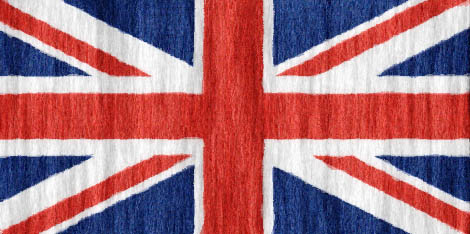Guardian News and Media
The Health Secretary, Jeremy Hunt, has intervened in the row over food hygiene demanding that the Food Standards Agency mount an urgent investigation into the processing factories at the heart of a Guardian investigation into contamination in the poultry industry.
A safety audit will be carried out within 24 hours at two factories identified in undercover footage, photographic evidence and information from whistleblowers.
The evidence showed how strict industry hygiene standards can be disregarded in practice, potentially encouraging the spread of the bacteria campylobacter that contaminates two-thirds of fresh retail chicken and can cause food poisoning and in rare cases death.
Earlier the FSA initially promised to investigate the evidence but rapidly said it was “content” with the way the official vet at the chicken processing plant and the company had dealt with incidents.
Within hours, however, at Hunt’s request, the FSA confirmed it would send auditors in almost immediately and they would be reviewing CCTV of activity on the factory floors.
“We don’t think there was a risk to public health from the evidence we’ve seen but we want to do a full safety audit,” the FSA said.
A spokesperson for Hunt said: “The FSA has agreed, at the request of the secretary of state for health, to conduct a full safety audit of the facility. They will start in the next 24 hours and report back shortly.”
The government has separately been considering proposals to reduce the contamination of fresh chicken with campylobactor by spraying carcasses with acid or flash-freezing their surface after processing.
In an admission that other measures to clean up the industry have so far largely failed and that most chickens remain contaminated, the FSA has looked with the poultry industry at technical fixes to kill the bacteria at the end of the chain before chickens go on sale.
Chris Elliott, professor of food safety at Queen’s University Belfast, said that most interventions had been ineffective. Campylobacter contamination would continue through the farming, slaughtering and cutting chain, and would have to be tackled with new chemical or freezing processes.
Carcasses are already sprayed with lactic acid in the US, where contamination levels have typically been high. Elliott said there would be strong consumer resistance to fresh chicken undergoing a chemical process in the UK, although research suggests it is safe. Lactic acid and antimicrobial sprays are not permitted in poultry in the EU.
“Campylobacter is a very, very difficult organism to control and what’s happening in the UK is matched everywhere else in the world. The industry will have to tackle this at the processing stage and it will need sizable investment in plant (machinery),” Elliott said.
Another technique involves flash-freezing the surface of chickens using liquid nitrogen to kill the bacteria. Trials by two of the largest UK poultry processors, Bernard Matthews and Faccenda, have shown this reduces campylobacter levels by around 10%, but introducing it for all production would require investment in machinery and increased running costs.

